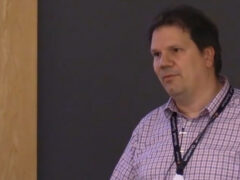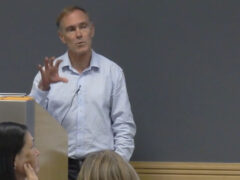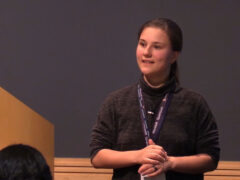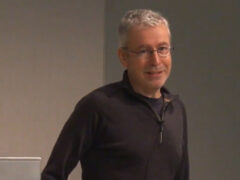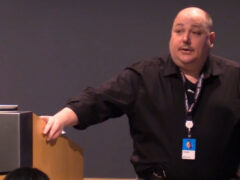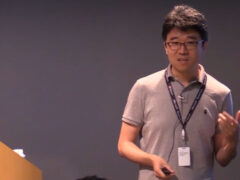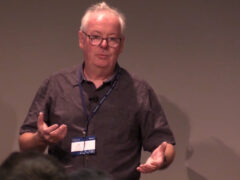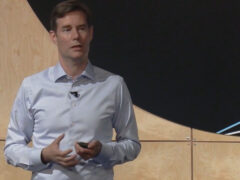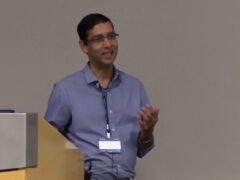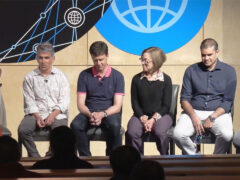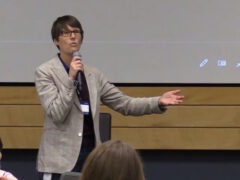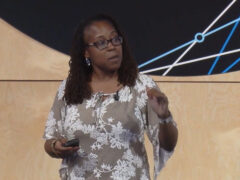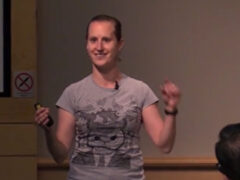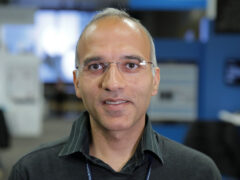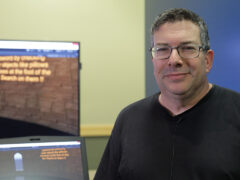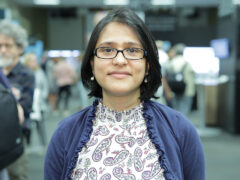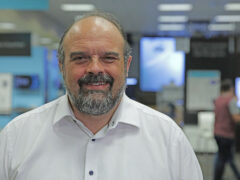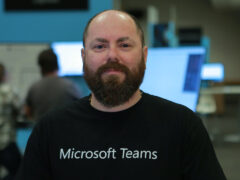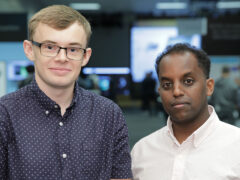The Good, the Bad, and the Ugly of ML for Networked Systems
We are witnessing a huge surge in efforts and interest in developing machine-learning (ML) based solutions for optimizing large-scale networked systems. With the unprecedented availability of data and computing power, the early evidence on using ML for systems has been promising.
Microsoft has been at the forefront of applying data at massive scales to address pressing issues in large-scale systems. At the same time, there is a growing voice in the systems and networking community for more “principled” solutions. They are concerned that building solutions we don’t fully understand will ultimately come back to bite us.
This session intends to wade into this storm! What are the networked systems problems for which ML-based techniques are appropriate? Does the fact that the network is often a black box, with much uncertainty with regard to its state, make ML more or less appropriate for networked system than for systems in general? What is the right mix of ML and traditional modeling and algorithms? Do we really need a full understanding of solutions as the “traditionalists” insist?
Leading researchers in the field will discuss how cutting-edge ML advances can be applied to networked systems and lay out principles for ML-based networking and systems research in the coming years.
Speaker Details
- Date:
- Speakers:
- Ganesh Ananthanarayanan, Balaji Prabhakar, Bruce Maggs, Dave Maltz, Keith Winstein, Venkat Padmanabhan
- Affiliation:
- University of California at Berkeley
-
-

Ganesh Ananthanarayanan
Principal Researcher
-

Junchen Jiang
Postdoctoral Researcher
-

Venkat Padmanabhan
Managing Director, Microsoft Research India
-

Siddhartha Sen
Principal Researcher
-
-
Series: Microsoft Research Faculty Summit
-
-
Quantum Computing and Workforce, Curriculum, and Application Development: Case study
Speakers:- Krysta M. Svore,
- Martin Roetteler
-
-
-
-
Crowd, Cloud and the Future of Work: Updates from human AI computation
Speakers:- Besmira Nushi,
- Vani Mandava
-
-
-
-
-
-
-
Productivity in Software Development
Speakers:- Neel Sundaresan,
- Margaret-Anne Storey,
- Prem Kumar Devanbu
-
-
-
-
-
-
-
Accessible Virtual Reality
Speakers:- Eyal Ofek
-
Calendar.help: A Virtual Meeting Scheduling Assistant
Speakers:- Pamela Bhattacharya
-
Visual Studio IntelliCode
Speakers:- Mark Wilson-Thomas
-
Microsoft Teams: Collaborate with Any Researcher Anywhere
Speakers:- Jethro Seghers
-
Project Alava: Programming Webs of Microcontrollers
Speakers:- James Devine,
- Teddy Seyed
-
AI in PowerPoint
Speakers:- Kostas Seleskerov


